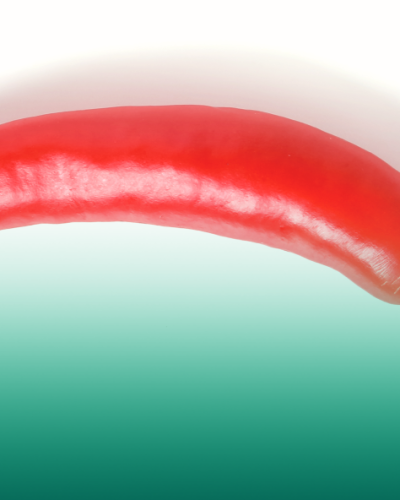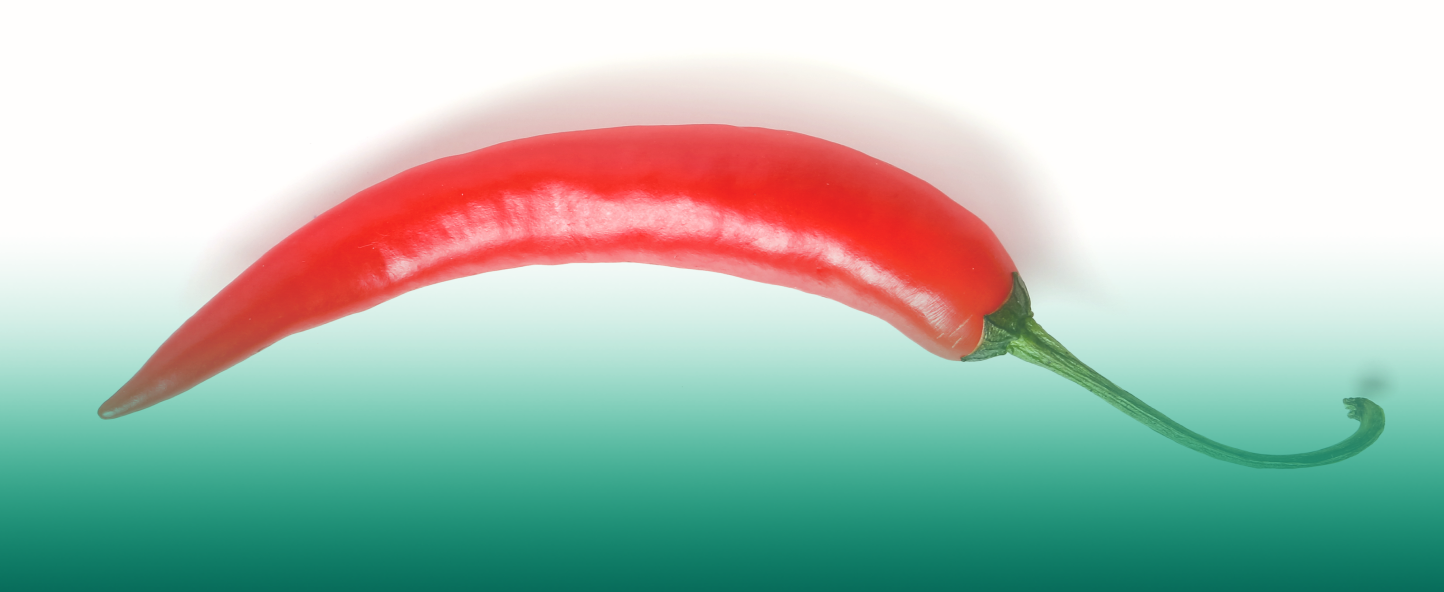Myth or reality: does spicy food kill bacteria?
Indeed, some foods are made spicy by the presence of capsaicin, a substance with antiseptic properties. Many believe that eating spicy foods helps destroy bacteria and viruses, which helps prevent gastrointestinal diseases.
Some spices, such as chili, cumin, garlic, ginger and others, contain components that can destroy many pathogenic microorganisms such as E. coli and other infectious agents.
For example, capsaicin, found in chilies, may be effective in fighting the bacterium Helicobacter pylori, which often causes stomach ulcers and gastritis.
Myth or reality: does spicy food help you lose weight?
And this is not fiction!
Research from Purdue University has shown that capsaicin can reduce appetite and increase energy expenditure, burning more calories. It also helps speed up metabolism, which helps in the weight loss process.
Spicy foods can also reduce triglyceride levels in the blood, activate enzymes responsible for fat metabolism, and speed up the process of fat oxidation. In addition, capsaicin can reduce the production of the hormone ghrelin, which is responsible for the feeling of hunger.
Myth or reality: are spicy foods good for digestion?
This is true, but there are some peculiarities.
In general, if there are no contraindications such as ulcers or other diseases, introducing spicy foods into your diet can have a positive effect on digestion. Spices stimulate the production of gastric juice, which promotes better absorption of food and restoration of the gastric mucosa.
However, if a person suffers from gastrointestinal diseases, spicy foods can cause inflammation and worsen the condition. Therefore, in such cases, you should be careful about eating spicy foods.
Myth or reality: Excessive spiciness can damage your tongue and taste buds?
This is possible with excessive consumption of spicy foods. However, this is a temporary phenomenon and does not mean complete destruction of the taste buds. Capsaicin temporarily blocks pain and stimulates the production of endorphins to reduce it.
It should also be remembered that taste buds are regenerated throughout life, so temporary changes in their sensitivity are completely reversible.
How to include spicy food in your diet properly?
To get used to spicy food, it is important to gradually increase its share in the diet. If the dish turns out to be too spicy, it is better not to drink water, but to try milk or yogurt, since capsaicin dissolves in fats.
Who shouldn’t eat spicy food?
It is worth remembering that eating spicy food is not recommended in case of stomach ulcers, ulcerative colitis, hepatitis, irritable bowel syndrome, pancreatitis and cholelithiasis. People who have a sensitive stomach, acid reflux or allergies to certain foods should also not overindulge in spicy food. Consult your doctor if you feel any discomfort in your stomach or intestines.






